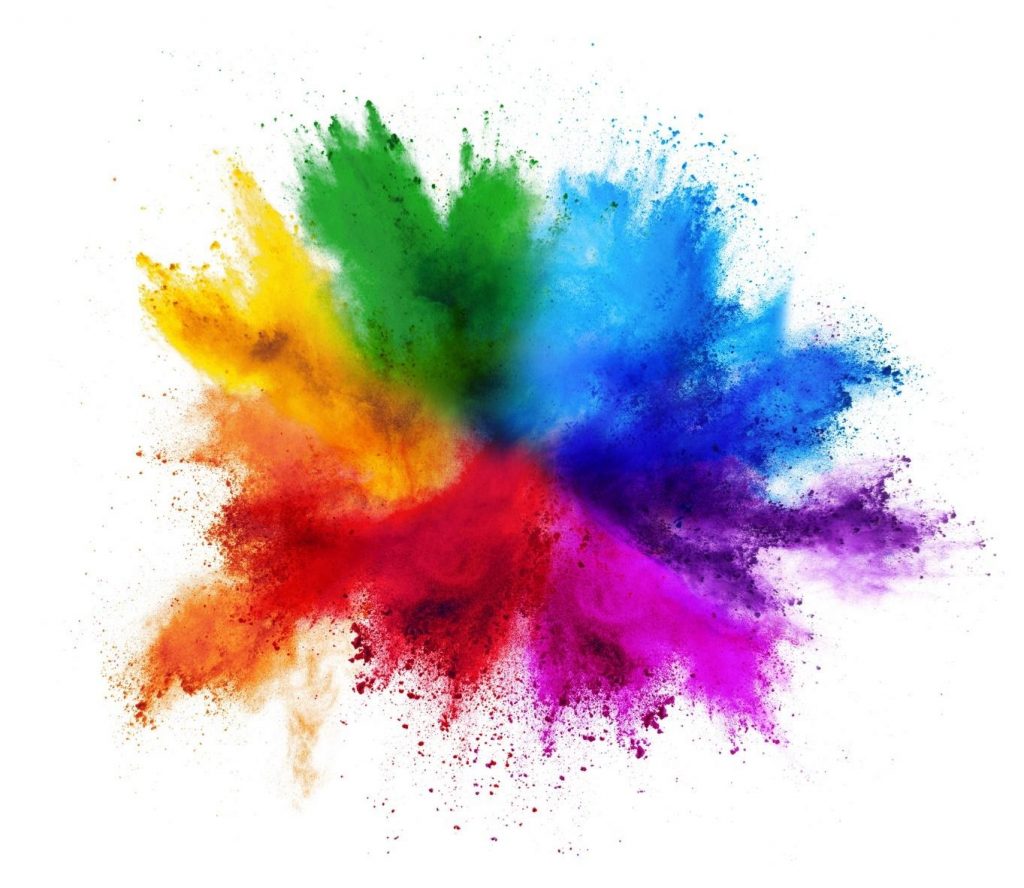
Studies have proven time and time again that colour has a direct influence on people’s emotions. The colour of a room, a product, a brand, even playground equipment can affect how they are perceived. When picking the colours of your playground components, make sure you take serious consideration in both colour theory and how colour affects mood. We will briefly cover both and give some suggestions based on common practices.
Colour Theory
So, what exactly is colour theory? Colour theory is both the artistic and scientific consensus to understanding how colours look and feel, especially when they are paired together. Understanding how colours can be used to leave different impressions can make picking your colour scheme much easier.
There are a lot of different aspects of colour theory, but what we will mainly go over is the colour wheel and colour schemes.
The Colour Wheel
To simplify, the colour wheel was first introduced back in 1666 and is still used by designers to this day. The wheel is used to help categorize and organize the various core colours. These colours consist of the primary colours, secondary colours, and tertiary colours. The wheel also shows which colours are considered “warm” and which are considered “cool.”
Colour Schemes
With an understanding of the colour wheel, we can go over colour schemes next. Three common colour schemes are:
Complementary Colours
Colours that are considered complementary are on the opposite sides of the colour wheel. Schemes that use complementary colours are often bold due to their high contrast.

Yellow and purple make a bold complementary colour scheme
Analogous Colours
These are colours that are adjacent to each other on the colour wheel. Analogous colour schemes are often the most pleasing to the eye, while still allowing certain features to be accented.

This playground uses greens and yellow in an analogous colour scheme
Triadic Colours
This one sounds complicated but is probably the colour scheme you see most often on playgrounds. Pick a colour on the wheel, then draw an Equilateral Triangle in the middle, connecting to two other colours. This colour scheme has the most vibrant variations of colours that both stand out and work together.

The primary colours red, yellow and blue also work perfectly together in a triadic colour scheme.
How Colour Influences Mood
As mentioned earlier, colours have a direct influence on emotion and feeling. This can vary on a person-by-person basis. Depending on the culture and the upbringing, people can have different, subconscious opinions about colours.
Typically, warm colours are often seen as more energetic and invigorating, while cool colours are more relaxing and calming. This fact can be used to create different sections within a playground. Consider using cooler colours for areas that are more activity based or for stimulation, while the more physical areas can be dictated by warmer colours.
In general, colours do have some common associations that are widely consistent among people. It’s important to take how individual colours can be viewed when picking your colour scheme. For example, no child will ever think a monochromatic (black, gray, white) playground would be a fun place to play, as those colours are usually associated with feelings of “serious” and “professional.”
Our advice, avoid using only dark shades of colours as this can make your playground look more rundown, boring and dreary. Also avoid using too many tinted colours as this can make your playground appear washed-up and faded. Utilize the most vibrant hues of your preferred colour scheme to invigorate the senses and to create a positive impression of your playground!
Lucky for you, plastic components developed by SPI Plastics can come in a wide variety of vibrant colours to match your colour scheme. Our products are even U.V. stabilized, helping preserve the colour for many years after their first installation. Contact us today if you need assistance picking the right colour of plastic components for your needs!